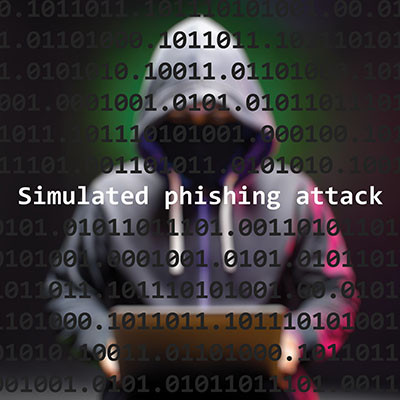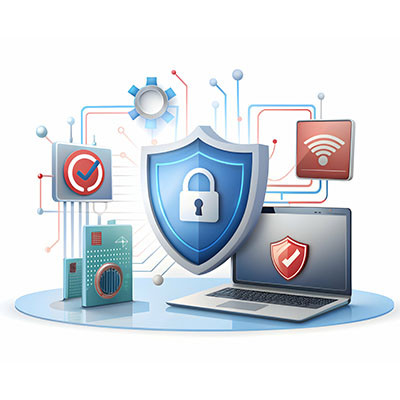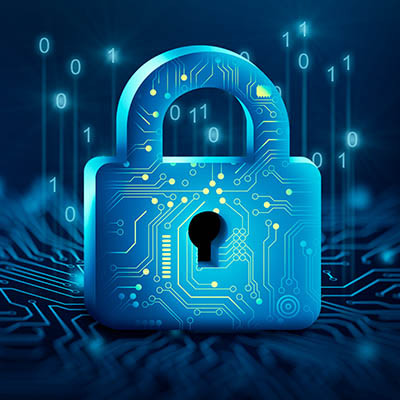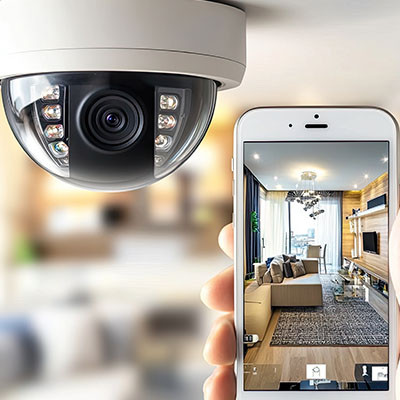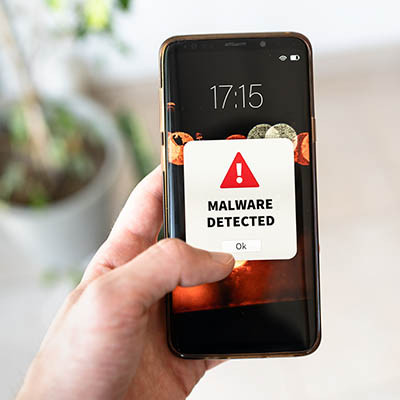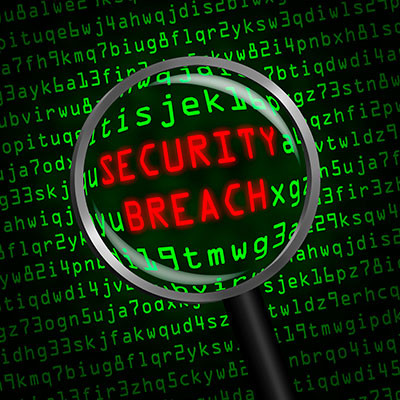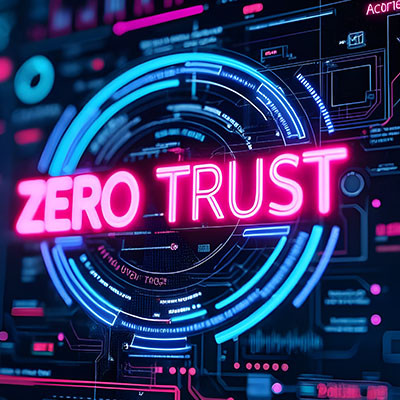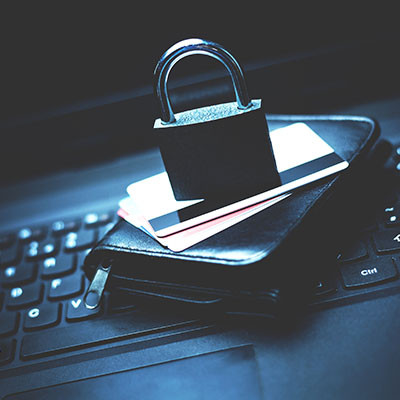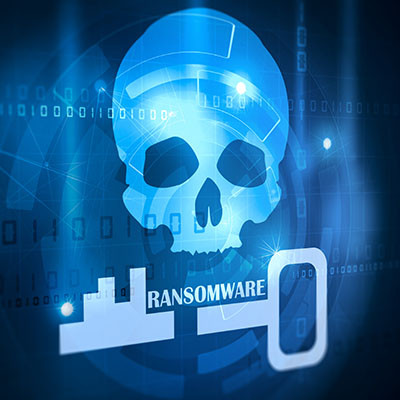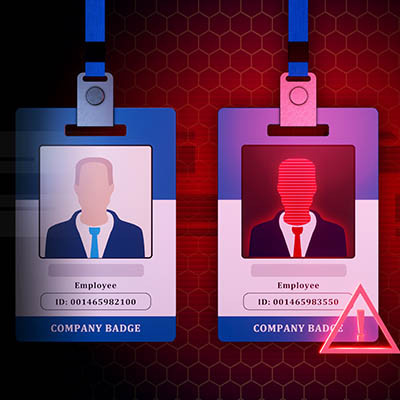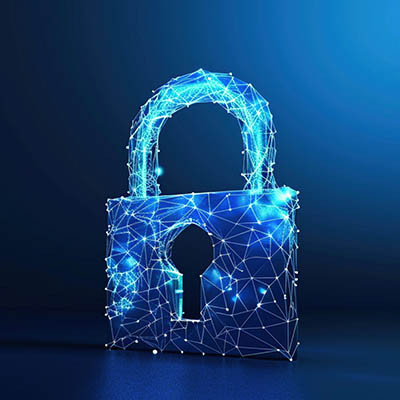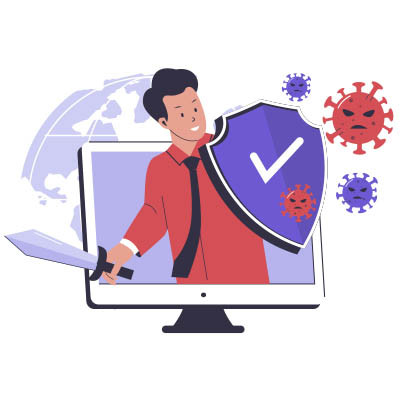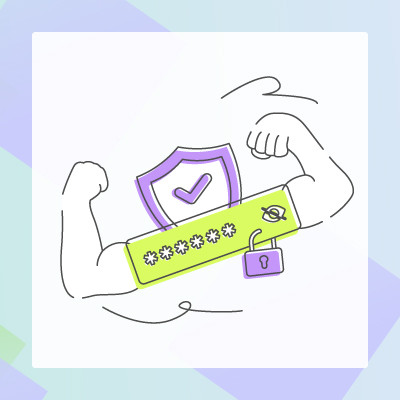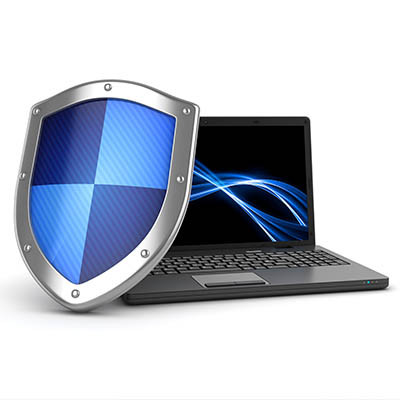Phantom Technology Solutions Blog
It’s harder than ever to keep your data safe these days. Everyone needs to be careful online, but the constant security steps can feel exhausting when you’re spending hours on a computer every week. Unfortunately, this is the new normal. If you don’t stay on top of your cybersecurity, it can be really hard to keep your business’ tech safe.
Most people are familiar with Santa Claus, the jolly gift-giver who delivers presents to all the children who have kept the Christmas spirit in their hearts all year. Lately, many people have also become aware of Krampus, Santa’s dark shadow who—as the legend goes—takes a similar trip to visit the naughty children and turn the worst into a midnight snack.
However, one has to wonder: what about all the adults who might also be naughty?
People interact with more organizations and companies online today than ever before. Many of these organizations collect personal information to help them improve their operations or to build an outside revenue stream. These business-first initiatives can put individual data at risk. Today, we’ll discuss what you need to know about data privacy.
Physical security is just as important as cybersecurity, and digital security cameras are a great tool to help maintain spaces. Whether you have an office, a retail space, a warehouse, or any other property, a security camera can help you keep tabs on a place in real-time and reduce liability. Here are three reasons why you might consider ditching an analog camera in favor of a digital camera.
McAfee recently released a list of 15 applications the company identified as “predatory loan apps” available for download from the Google Play Store. While steps have been taken to remove them from the platform, we can now discuss how mobile applications can be weaponized if a user is not careful.
Let’s start by discussing the current issue of SpyLoan apps.
Unfortunately, cybersecurity is one of the most important topics to consider in today’s business world. A recent survey has shown that the majority of security leaders—approximately 67% of those surveyed—don’t know what caused a cybersecurity incident at their business. This is a shockingly high number that cannot be ignored, so let’s look at why data breaches are so challenging to identify and address.
The Disney brand centralizes its efforts on magic and wonder, but its parks’ food is one aspect that has recently been subject to concerning developments. A former Disney employee managed to access a menu-planning app and make changes to prices, add foul language, and change menu information. Since we live in a world with food allergies, you can already see where this is going.
Data privacy is one of those issues that people find more serious the more they know about it. Most people don’t think much about it because they figure they are just one person and don’t move the needle for people looking to collect data. They couldn’t be more wrong. This week we’ll discuss individual data privacy, considerations individuals should have, and what to do to keep your data safe.
When did you last turn your mobile device off and on again?
While any IT provider worth their salt would be the first to tell you that this is troubleshooting 101, another source also recommends a quick reboot every so often: the National Security Agency.
Let’s explore why the NSA shared this advice and what difference following it can make.
In June, Chicken Soup for the Soul Entertainment—publisher of the eponymous Chicken Soup for the Soul book series—officially filed for Chapter 7 and then Chapter 11 bankruptcy, spurring the liquidation of many of its assets. Many may not realize that these assets include Redbox, the movie rental service, with its 24,000 distinctive scarlet kiosks.
What we’re concerned about, however, is what will become of these kiosks and, critically, the data they contain.
If you’re not familiar with ransomware, we wish we lived in the same universe you’ve been living in the past decade. It’s a serious problem for all types and sizes of businesses, not to mention its impact on individuals, governments, and world organizations. Today, we want to go over some of the latest ransomware tactics in use as of 2024.
Your employees might be putting your business at risk, even if they don’t know it yet. Most companies feel this frustration, and they want their employees to prioritize cybersecurity in the same way administrators and security staff do. This frustration is something that can be challenged and addressed… with the right solutions and policies, of course.
Many people still underestimate the importance of cybersecurity and data privacy, putting themselves and others at risk. Most individuals are accustomed to sharing personal information online, whether through social media, e-commerce platforms, or various digital services. However, this lack of caution can lead to serious security breaches, identity theft, and even financial fraud. When people fail to take basic security measures, such as using strong passwords or enabling two-factor authentication, they create vulnerabilities that malicious actors can exploit. These weaknesses don’t just impact them personally but also expose organizations and communities to cyberattacks.
All businesses have one key vulnerability that cybersecurity threats exploit: their employees. Your business has this vulnerability, too, even if you haven’t considered it. Just like any vulnerability, however, there is a patch, and it comes in the form of education. With an appropriate knowledge base, your team can effectively become a human firewall against any potential threat.
Remote work has been a mainstay in most businesses’ standard operating procedures in at least some capacity, but it opens up a nasty can of worms regarding cybersecurity. If cybersecurity is not your top priority, and you have remote or hybrid employees, we need to have a talk—and probably a hard one.
Password best practices (and common sense, if we’re being honest) tell us to always use a strong password for every account we have. This is because, unfortunately, it doesn’t take much to crack a weak one anymore. A bit of software on a standard computer can crack millions of passwords in a matter of seconds… so the more complex and randomized a password, the better and more secure it will be.
However, this can also make it a real challenge to create and then memorize sufficiently complex passwords. To help, we wanted to share a fun trick.

